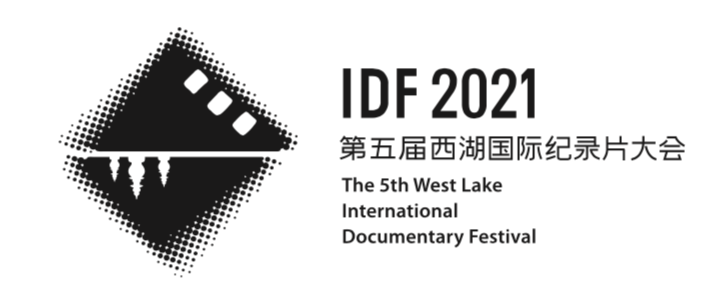
奶牛
Cow
英国|94分钟
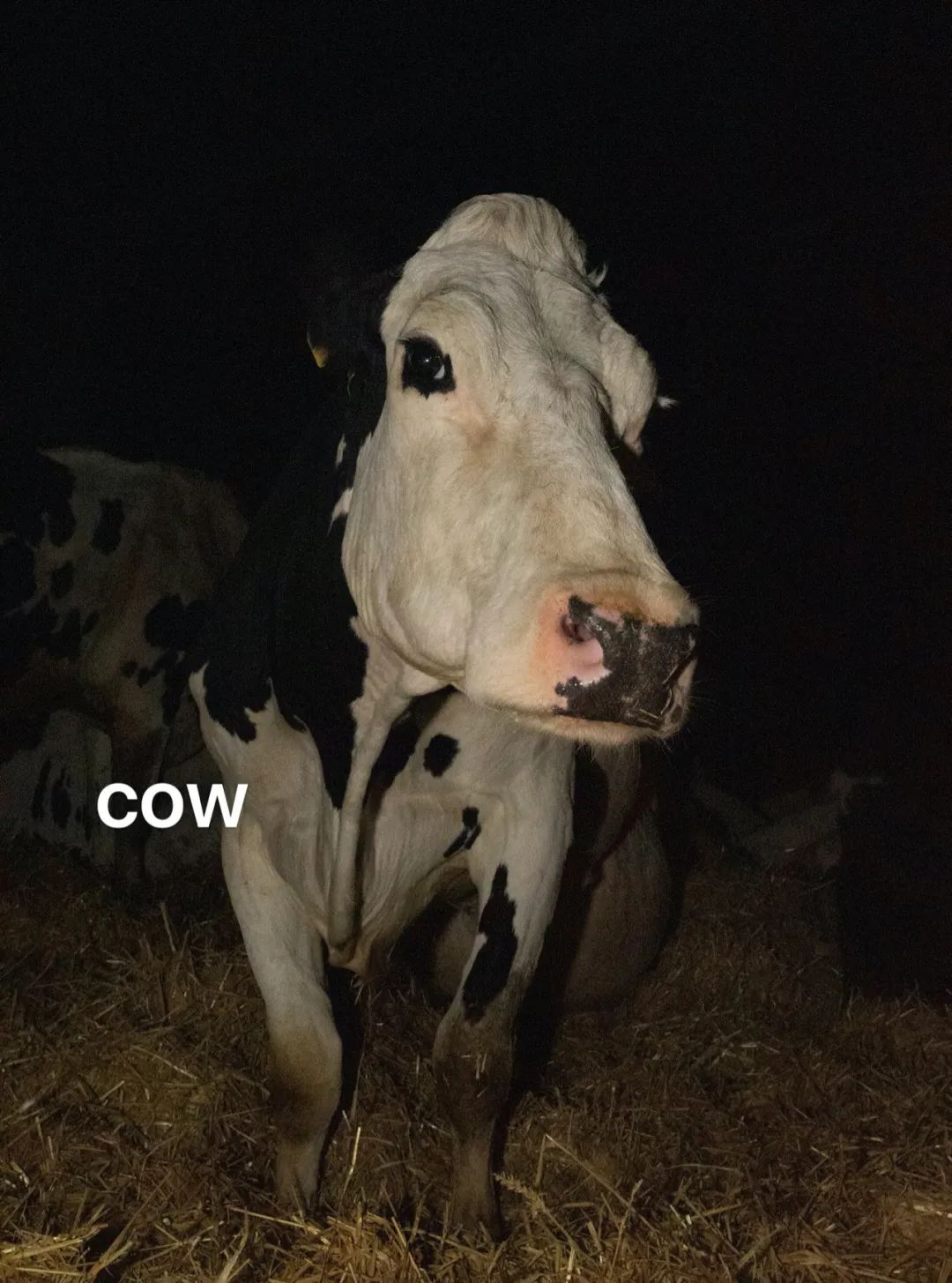
《奶牛》海报
*本文中所使用的剧照和预告片由和观映像独家授权
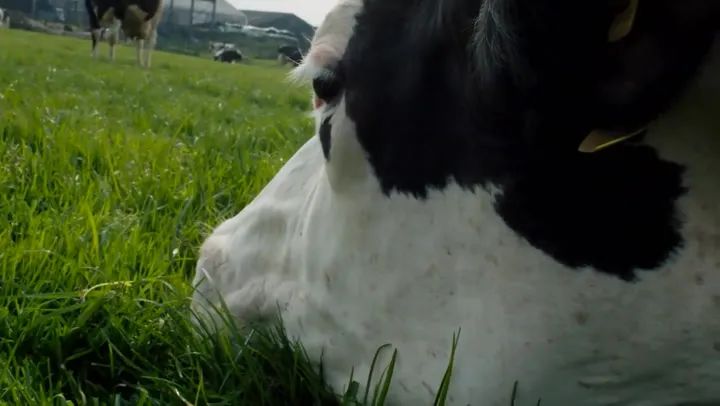
《奶牛》剧照
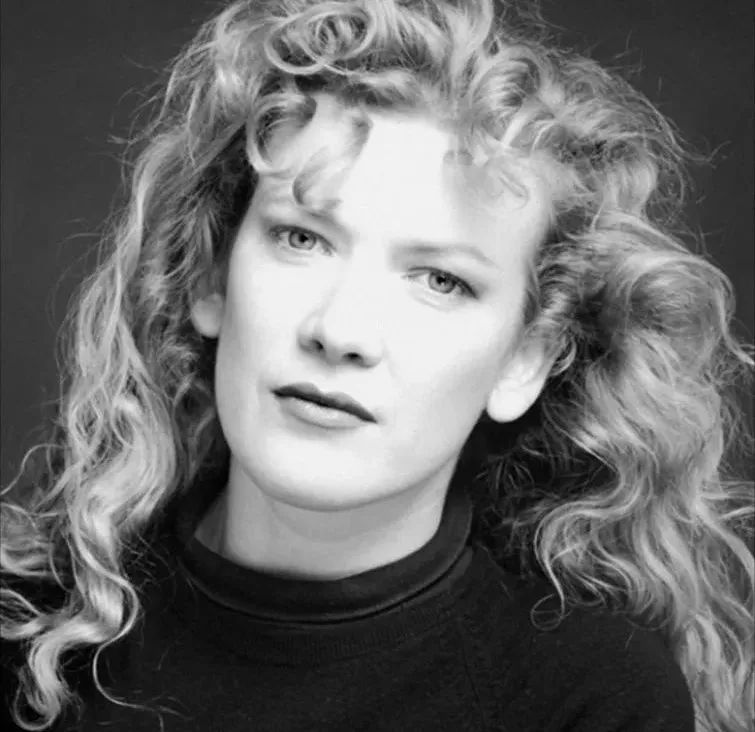
导演安德里亚·阿诺德(Andrea Arnold)旧照
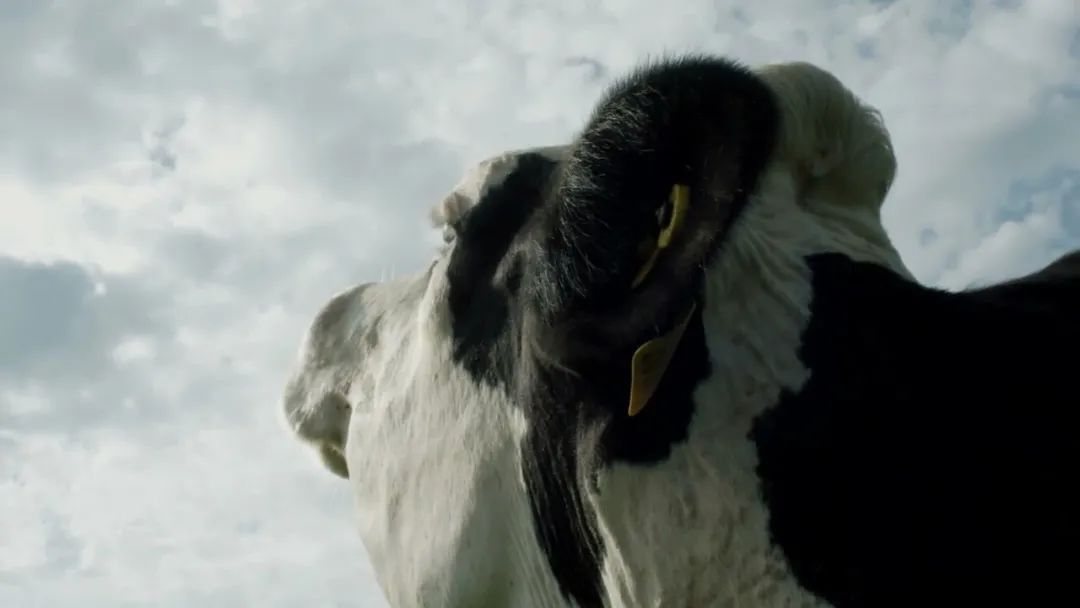
《奶牛》剧照
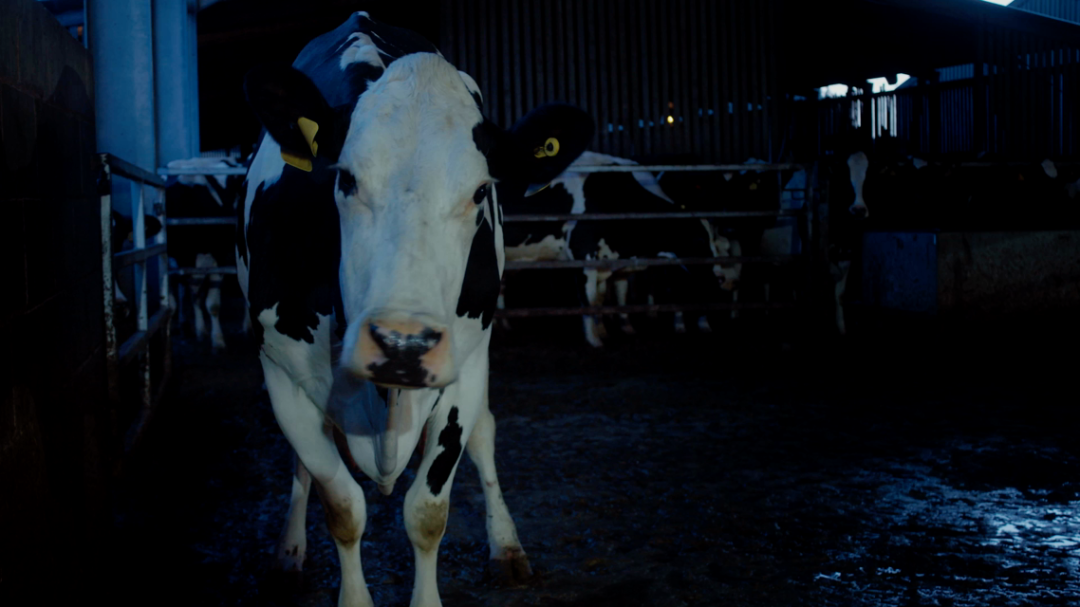
《奶牛》剧照
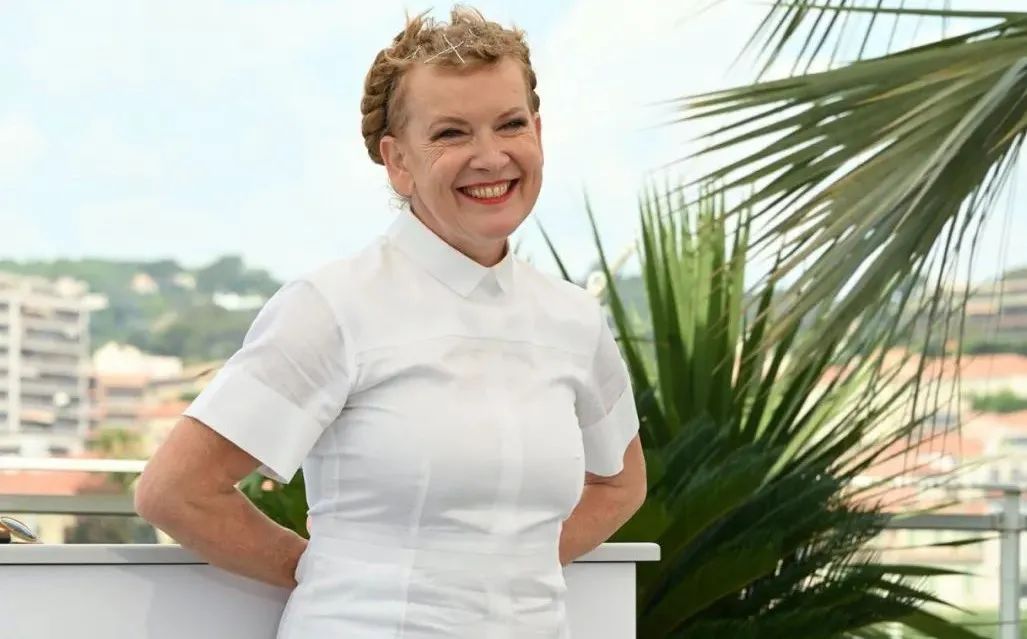
导演(Andrea Arnold )近照
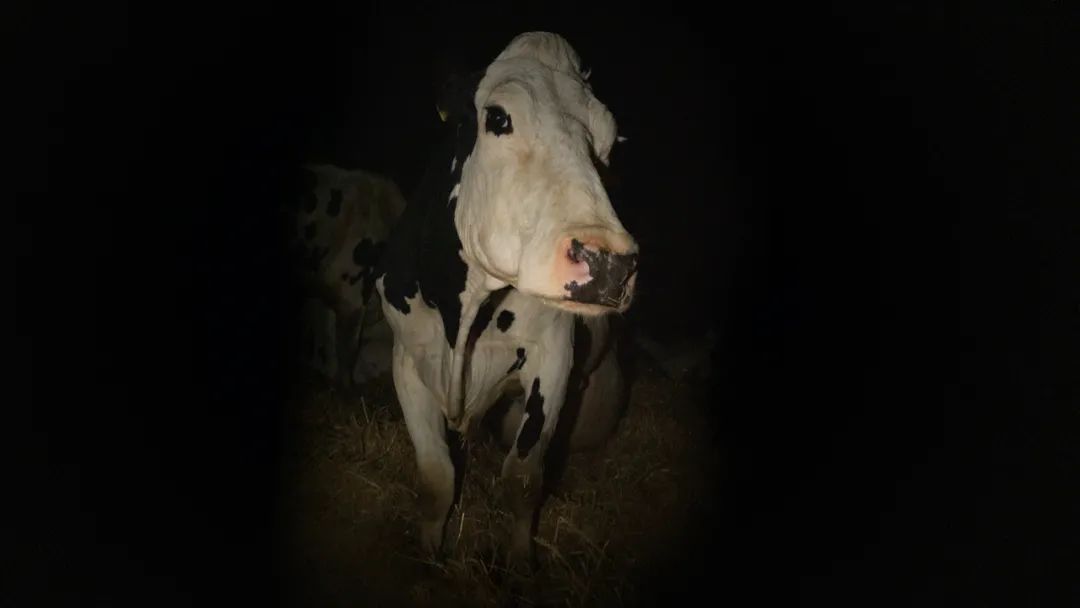
《奶牛》剧照
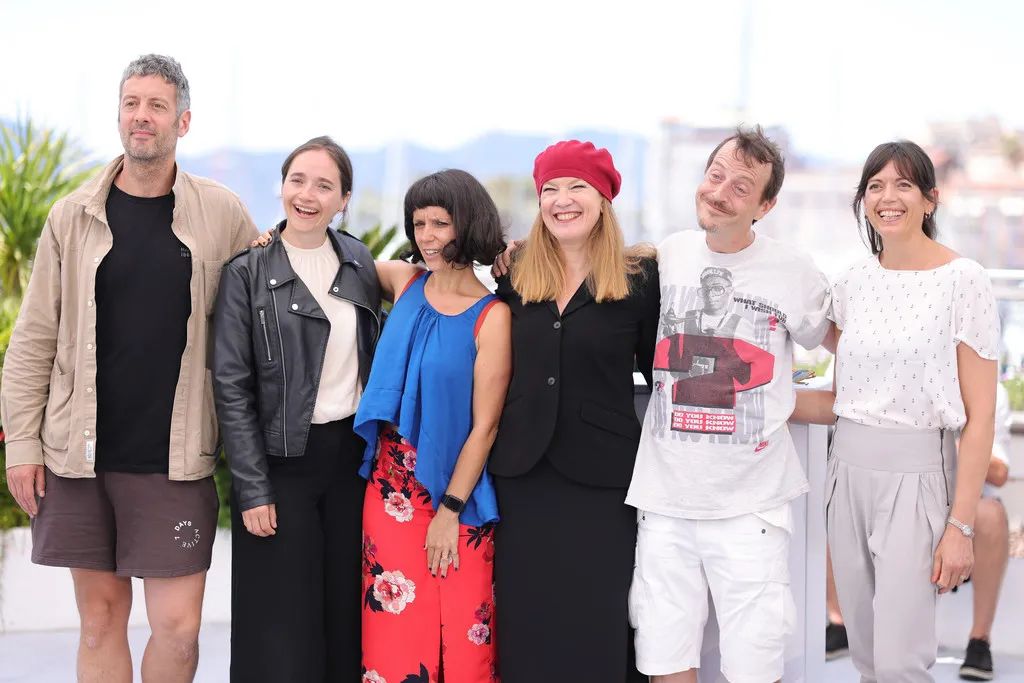
导演(Andrea Arnold )在第 74 届戛纳电影节
Whenever I have felt troubled or lost or overwhelmed with life, I have always sought nature. It has always grounded me and put me in touch with myself again.
No one taught me this. It came quite naturally. Like some innate knowledge. Partly I think because I had a very free childhood. My Mum had me very young, at sixteen, and three siblings followed by the time she was twenty-two. My Dad was only a few years older. I never saw him that much in my early years and he was gone completely by time I was ten.
So unsupervised most of the time I lived a fantastically wild life. I grew up in North Kent on an estate surrounded by liminal wilderness. From early on I played out and would spend entire days roaming wherever the fancy took me. Between estates and chalk pits and deserted old industrial spaces and woods and motorways. Out of this grew a deep love of insects and birds and animals and plants. Stray estate dogs, the traveler ponies chained by the motorway, the fish and frogs in the water filled bomb site, wild strawberries on the banks of the chalk pits. I can conjure up these places vividly now. The smells and sounds and feels and colours.
We had pets. Lots. No one really stopped us bringing animals home. One day when I was eight or so I went into a house where there was a litter of puppies. I felt sorry for the tiny runt so took him home. I didn’t ask anyone if I could. I just assumed I could. Like us he roamed. Never owned a lead or collar ever. None of our dogs did. He did his own thing and got into a whole load of trouble. But that is another story.
We really loved our animals but none arrived in a conventional way or got cared for in a conventional way. I had gerbils but didn’t have a cage so they lived in a clothes drawer. Jumpers, underwear, gerbils. My dad sometimes sold stuff in Brick Lane Market in London. One time he took me with him and someone was selling a lamb that no one wanted. As we were leaving I pleaded for it and we took it home. It grew huge living on our overgrown, backyard grass. And was often in the house too. Baaing if anyone knocked on the door.
I left home at 18 to live in London. Life changed dramatically in many ways. The city and pressures of adult life changed my relationship with nature. It wasn’t so immediate or accessible in the city. I continued to seek it as it mattered to me in a fundamental way. I learned to drive and drove out to it. Kept a stray dog I found in the street. Had cats. But I guess as I got busier with life I began to feel less connected. Nature sometimes felt like something that was ‘over there’. I would gaze out of train and car windows on my way somewhere feeling a little bereft. Separated.
One of the animals I saw most out of those windows are cows. Cows grazing in green fields. Pastoral, peaceful, romantic. Like a painting. I wondered about the reality of their lives and what that was really like. Making Cow the film emerged from that curiosity. Cows are so much part of our lives. They provide us with so much. But I felt disconnected from them. I liked the idea of jumping into that familiar scene. Seeing what their reality really was.
Before we started filming an international and prominent bunch of scientists signed The Cambridge Declaration on Consciousness in which they proclaimed that animals are conscious and aware to the degree that humans are. They said the evidence was overwhelming.
What does that mean? Do they feel pain, fear, desire, anger, affection, loss, frustration, empathy, and intention? Like humans do? Are they individuals? Do they have distinct personalities? In all my relationships with animals they for sure feel like they have distinct likes and dislikes and individual quirks. So what about the animals we use for food? Cows? I wondered if we watched a cow long enough we would see any of this? I didn’t want in any way to attempt to get inside her head or suggest human emotions. I just wanted to watch her reactions to her daily reality. In all of its beauty and challenges and brutality. To look. To see. To see her.
Dairy cows work hard. They spend their lives giving birth and making milk. A lifetime of maternal existence. They will bare maybe ten to twenty calves but each time the calf is taken shortly after birth so the milk can be used for us.
One time at the seaside in Denmark I was using a stick to flick beached and still alive jellyfish back in the water. There were lots and it was taking a while. A couple walked by holding hands. Watched me for a while and then said. “You shouldn’t bother. Leave them to die. It’s nature” I replied without thinking “I know but I’m nature too and I’m putting them back”.
We are nature. We are animals. The top of the food chain. But we are still animals and we have many animal instincts. Denying this, separating ourselves and disconnecting from this is starting to seem more and more at our peril. Our relationship with the millions of non-human lives we use is very much part of our existence. I made Cow to invite engagement with that.
My childish wanderings and love for animals was I think something very instinctive and natural and honest. I wasn’t restrained by anyone and so followed my own expression. And my relationship with nature as a kid wasn’t just a romantic, whimsical one. It was engaged and immersive. There was both joy and pain. It was real.
I hope this film in some small way can connect anyone who sees it not just to Cows and other non-human conscious animals but to that deep knowing and animal nature in ourselves. That we are all connected to everything living.
《奶牛》预告片
奶牛
cow
导演:安德里亚·阿诺德
制片人:卡特·曼苏尔
制片地区:英国
类型:纪录长片
对白语言:英语
时长:94 min
2021年戛纳国际电影节 - 戛纳首映
纪录片简介
这部纪录片是对奶牛的思考,让我们离他们更近。看到他们的美丽和生活的挑战。不是以浪漫的方式,而是真实的方式。这部纪录片是关于一只奶牛的真实生活,并感谢她为我们做出的巨大贡献。当我看着露玛,我们的奶牛,我在她身上看到了整个世界。

 浙公网安备 33010202002558号
浙公网安备 33010202002558号


